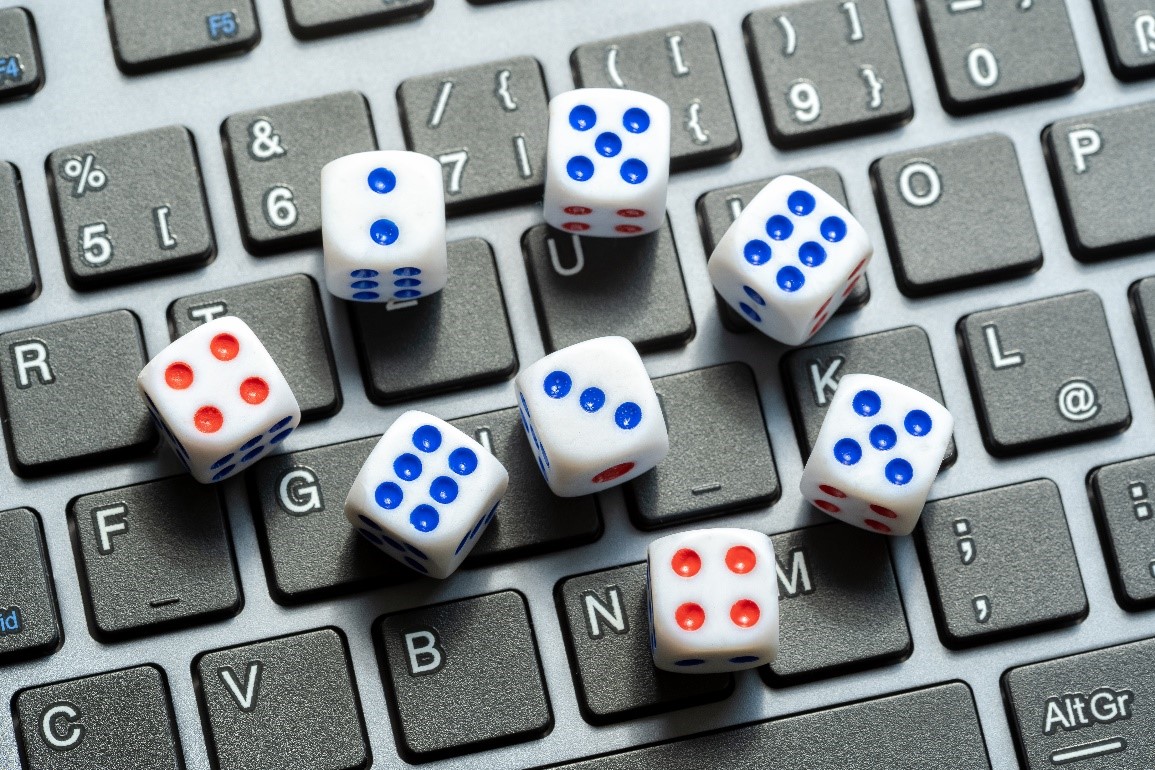Math doesn’t have to be a tedious subject for kids. With the right approach, it can be transformed into an engaging and enjoyable experience. Interactive math games are an excellent way to make learning math fun and exciting. In this blog from Angelo Dellomo, we’ll explore various games that parents and teachers can use to help children develop their math skills in a playful and interactive way.
- Math Bingo: A Twist on a Classic
Bingo can easily be adapted for math practice. Create bingo cards with answers to math problems instead of the usual numbers. Call out math problems, and kids mark the spots with the correct answers. This game is great for practicing addition, subtraction, multiplication, or division.
- Math Scavenger Hunt: Explore and Learn
Organize a scavenger hunt where each clue involves solving a math problem. The answer leads to the location of the next clue. This game encourages kids to apply math skills to real-life scenarios and enhances their problem-solving abilities.
- Math Board Games: Roll, Move, and Calculate
Customize a board game by adding math challenges. Players can only move forward after correctly solving a math problem. You can tailor the difficulty of the problems based on the age and skill level of the children.
- Flashcard Challenges: Quick-Fire Math
Turn math flashcards into a fast-paced challenge. Show flashcards to the kids, and whoever gives the correct answer first gets a point. This game is excellent for quick mental math practice and encourages a healthy competitive spirit.
- Online Math Games: Digital Age Learning
There are numerous online platforms offering interactive math games. These games often feature colorful graphics and engaging storylines that make math practice more like playing a video game. Some popular platforms include Funbrain, Math Playground, and Prodigy.
- Math Puzzles: Engage the Brain
Puzzles like Sudoku, KenKen, or even simple crosswords with math terms can be great for brain exercise. They help improve logical thinking and problem-solving skills, essential components of math proficiency.
- Fraction War: A Card Game for Understanding Fractions
Adapt the classic card game ‘War’ to practice fractions. Each player turns over two cards per turn, using them to create a fraction. The player with the larger fraction wins the round. This game is particularly effective in helping children understand and compare fractions.
- Math Storytelling: Creative Problem Solving
Create stories where characters face challenges that can be solved with math. Kids will need to use math to help the characters in the story. This approach not only makes math fun but also shows its practical application.
- Shape Hunt: Learning Geometry
Have kids go on a shape hunt, either around the house or outside. Ask them to identify and list geometric shapes in their environment. This game is a fun way to learn geometry and recognize shapes in real-world objects.
- Math Relay Races: Active Learning
Set up relay races where each checkpoint has a math challenge. Children need to solve the problem before moving to the next station. This game is perfect for combining physical activity with math practice.
Math games are a fantastic way to turn learning into an enjoyable experience. They not only make math less intimidating for kids but also help them develop a love for the subject. By incorporating these interactive and fun games into their routine, children can build a strong mathematical foundation while having a great time. Remember, the goal is to make math feel like play, not work!
